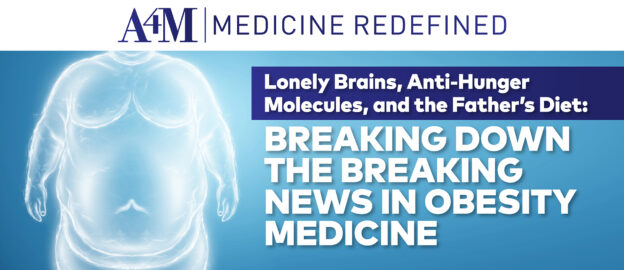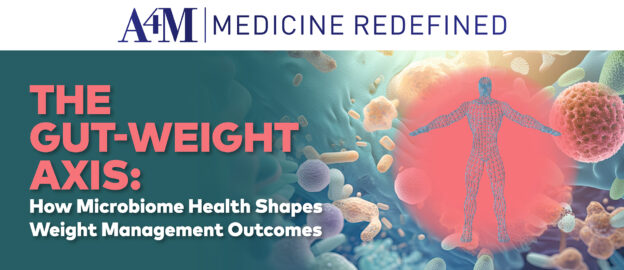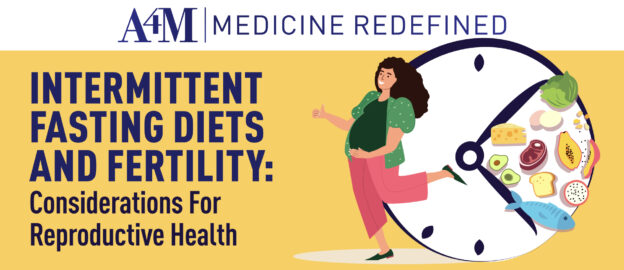As the U.S. obesity prevalence surpasses 40% in the adult population, the need for effective, long-term weight management solutions has become a national health imperative. In the quest for reliable weight loss interventions, scientists are working tirelessly to address this metabolic health crisis. Amid this challenge, a new star has risen in the form of semaglutide and similar GLP-1 agonists. While Ozempic and its counterparts have shown remarkable results in aiding weight loss, captured headlines, and ignited hopes, they are just one facet of the rapidly evolving landscape of obesity medicine innovation.
Behind the scenes, emerging research is shedding light on the complex interplay between the body, brain, biological systems, and dietary patterns. Recent scientific discoveries, such as the surprising impact of loneliness on eating habits and the intriguing influence of a father’s diet on offspring health, underscore the importance of an integrated and multifaceted approach to weight management. This growing body of research is challenging long-held beliefs and opening up new avenues for prevention and treatment, laying the foundation for a more informed and promising future in weight management.
Continue reading


